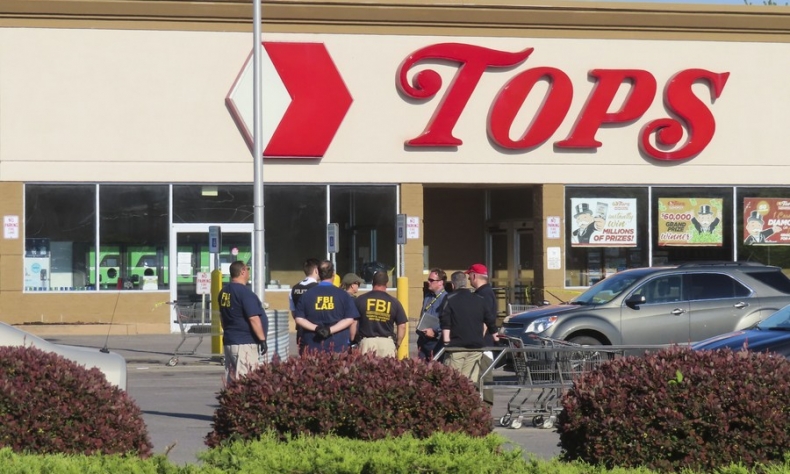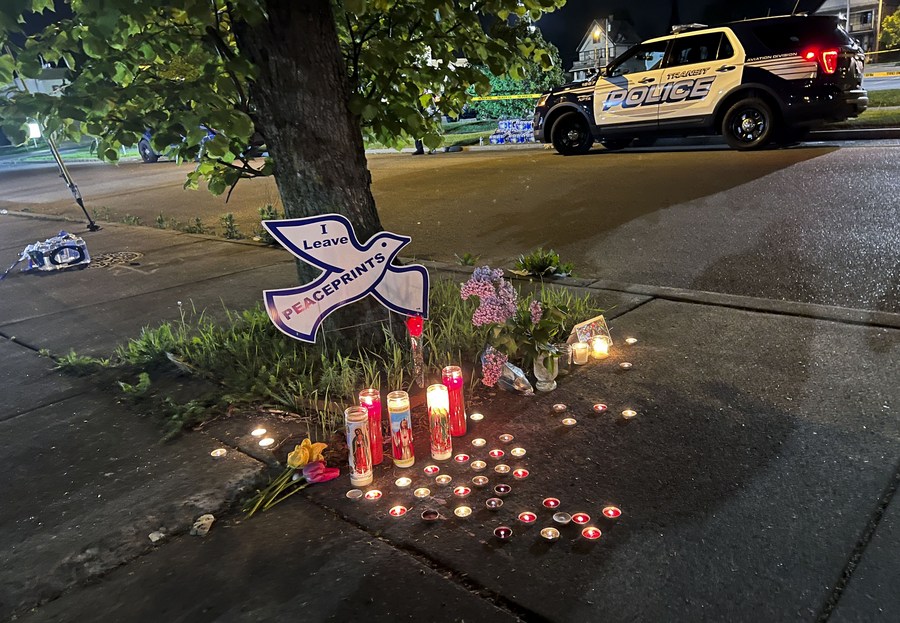US’ Right to Bear Arms Ends with Tragedy Yet Again

Although America is once again mourning its latest gun tragedy, there are few expectations or hopes for change, and it is only a matter of time before history inevitably repeats itself.
The United States of America was a country founded in a very different era, yet with a constitution that has continued to stand the test of time. Over 230 years ago, the “Second Amendment” gave prescription to a “Well Regulated Militia, being necessary to the security of a free state” and demanded that “the right of the people to keep and bear arms, shall not be infringed.” In other words, it would be perfectly legal for each and every American to take up arms and defend themselves.
At the time, this perhaps made sense. The early United States was a society of rural landowners who had broken away from the British Empire in an Anti-Monarchical revolution, creating a new “bourgeoise democracy” in the name of individual property rights, which would allow them to maximize their own economic interests independent of the tax-hungry colonial government. It is then no surprise against this background that the norm of every man defending his land and property with weapons was not only normal, but deemed an essential legal right and aspect of American identity.
But the world has changed, and so has America. While the vast rural landholdings still exist, the growth of the country over the past two centuries has seen massive dense urban centers develop which, with them, created spectacular divides between the wealthy and the poor. This divide led to new concentrations of crime which did not exist previously, but nonetheless upheld the same inalienable right to firearms as the Constitution demands. This has caused more problems than it has been worth, with any American, irrespective of their criminal background, effectively able to buy a gun as easily as walking into a supermarket.
This has created tragedy upon tragedy, and it is nothing new. So much so that “mass shooting” events have become commonplace in America, wherein a seemingly angry individual troubled and in despair, or radicalized by a certain ideology, takes a gun and unleashes it randomly in a given area, killing innocent people.

Last week, 18-year-old Payton Gendron engaged in a mass shooting in Buffalo, New York, killing 10 victims in what was described as a racially motivated act of terrorism against the Black community. Although it remains shocking, some may even feel apathetic toward this latest tragedy, given how it is not unique in view of many similar incidents over the years.
In 2021 alone, there were a reported 20,726 gun-related deaths in America (including suicides) as well as 693 mass shooting-related incidents. Many such incidents occur in schools. Despite the fact that the “right to bear arms” in its current form gives scope to frequent mass killings, its enshrinement in the U.S. Constitution and the strength of what is known as “the gun lobby” have meant politicians have been powerless to change or stop it, acting as a signature of the American gridlock. This has led to every event being simply followed with the phrase “our thoughts and prayers” are with the victims, effectively morphing it into code for political indifference, lack of will, and an inability to feasibly change the law.
Other countries which have experienced horrific mass shootings in recent years quickly enacted tougher anti-gun legislation. But for America, this is not deemed an option. The right to bear arms is seen by some as infused in the country’s identity, representing individual liberty, property, and the unwillingness to submit to government.
Thus, although America is once again mourning its latest gun tragedy, there are few expectations or hopes for change, and it is only a matter of time before history inevitably repeats itself. During these events, common sense is discarded, with political gridlock and resistance blocking the most obvious solution to prevent such a tragic loss of life. This wasn’t the first time such has happened, and it certainly won’t be the last.
 Facebook
Facebook
 Twitter
Twitter
 Linkedin
Linkedin
 Google +
Google +







